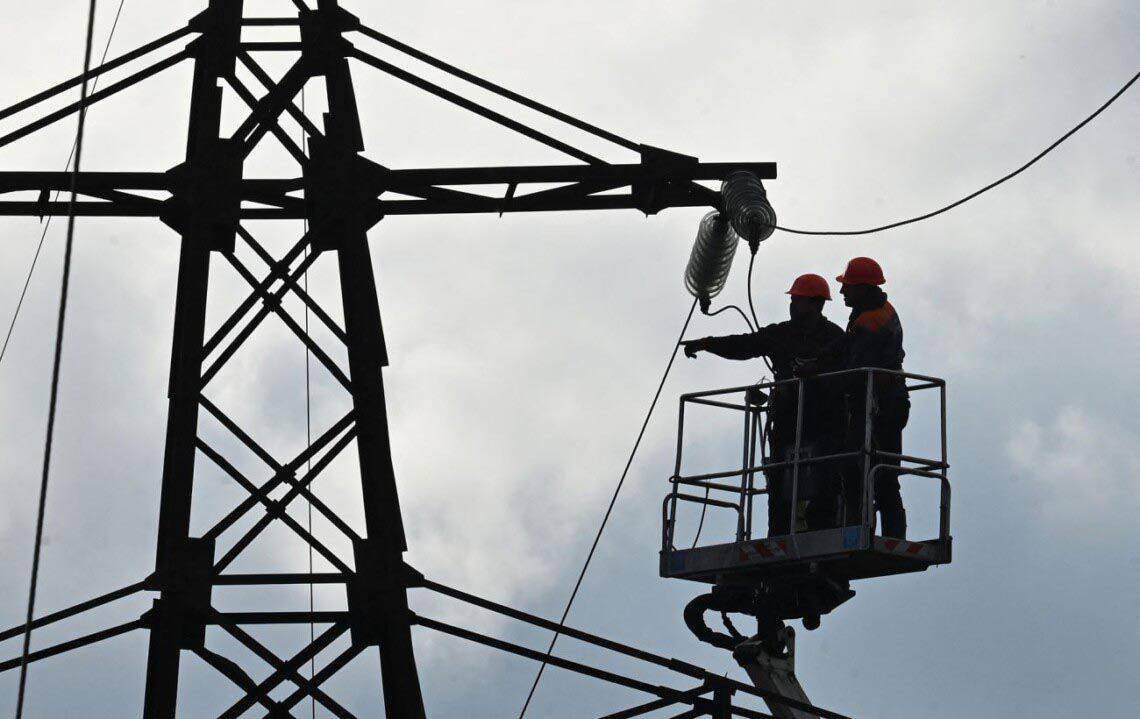Russian companies have faced a sharp increase in payment processing times in banks in Kazakhstan: in November, money transfers took, on average, 24% longer than in July, and in some cases, the transfer of funds took two months, business representatives told RBC.
"The more complex and larger the transaction, the longer it takes to process," says Andrey Gusev, managing partner at the Nordic Star law firm.
According to Roman Romashchevsky, CFO of the transport company PEK, Kazakhstani banks have tightened compliance and are requesting more and more additional documents and explanations, including data on sending and receiving companies, product details, and transaction specifics.
The payment situation in Kazakhstan worsened about three weeks ago, notes Anna Fomicheva, founder of Digital VED. According to her, the minimum processing time for payments is 7-10 days, but more than half of the payments are delayed by a month.
"These are direct contracts with customs clearance in Kazakhstan, not transit. Transit became impossible about a year ago. That's why we decided not to use Kazakhstani banks until the situation stabilizes. It has become too slow and economically unfeasible," Fomicheva explained.
The tightening of compliance by Kazakhstani banks is linked to the pressure of international sanctions and increased global efforts to combat money laundering, says Gusev.
"Any suspicion of involvement in illegal schemes poses serious reputational risks for banks," he added.
In general, payment problems from Russia began back in 2022 due to sanctions imposed over the war in Ukraine. Since December 2023, banks from "friendly" countries have been further tightening their approaches to working with Russian companies due to a U.S. presidential decree, which stipulates that foreign banks may face restrictions for assisting transactions with sanctioned individuals from Russia and for supporting the supply of Russian military-industrial complex (MIC) goods. In July 2024, the U.S. tightened this sanctions regime, including all sanctioned Russian entities, including banks, in the definition of the military-industrial complex.





















